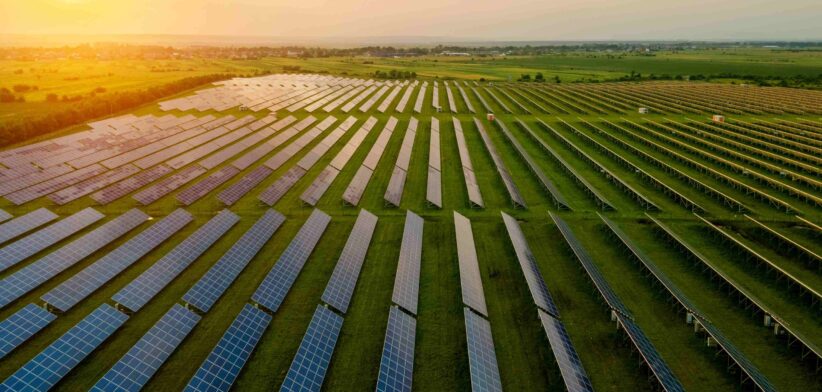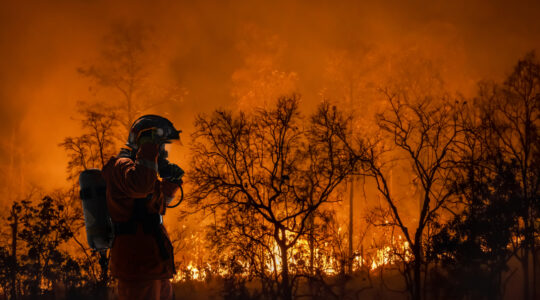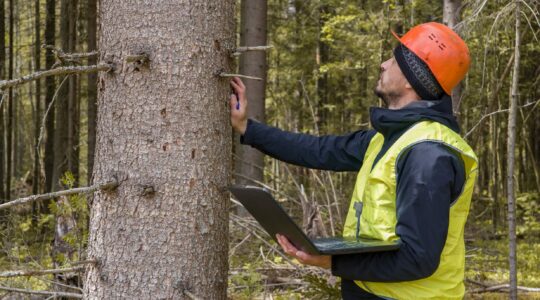Future renewable energy projects in Queensland will need to adhere a new code of conduct to ensure the current and future needs of communities are fully considered.
The proposed code, which the State Government said will be co-designed with stakeholders, aims to ensure renewable energy developers engaged genuinely with landholders and communities when developing, building and operating new generation and storage projects.
Queensland Energy Minister Mick de Brenni said the Australian-first mandatory code of conduct would set new standards for social licence.
“Regional Queensland is the engine room of the renewable energy transformation and will attract about 95 percent of infrastructure investment, and a vast majority of the predicted 100,000 new jobs by 2040,” Minister de Brenni said.
The code is intended to focus on demonstrating tangible benefits for communities, including improvements to infrastructure, jobs, local economy, the environment and social fabric.
“We’ve listened to key advocacy groups like the Queensland Farmers Federation and the Local Government Association Queensland, and have taken on feedback from those who know their local communities best,” Minister de Brenni said.
“If developers want to be approved to connect to the Queensland SuperGrid, they’ll need to show that they can work in partnership with the local community.”
Queensland Farmers’ Federation CEO Jo Sheppard said there was no energy transition without successful engagement with regional and rural Queensland.
“The potential to see regional communities benefit appropriately from the significant amount of investment proposed can only be realised through the development and implementation of a transparent, effective and comprehensive process to enable community and industry engagement,” Ms Sheppard said.
Local Government Association Queensland CEO Alison Smith said if communities were hosting major renewable energy generation it was only right that they benefit from their fair share of the economic and social benefits that will come from these large-scale projects.








